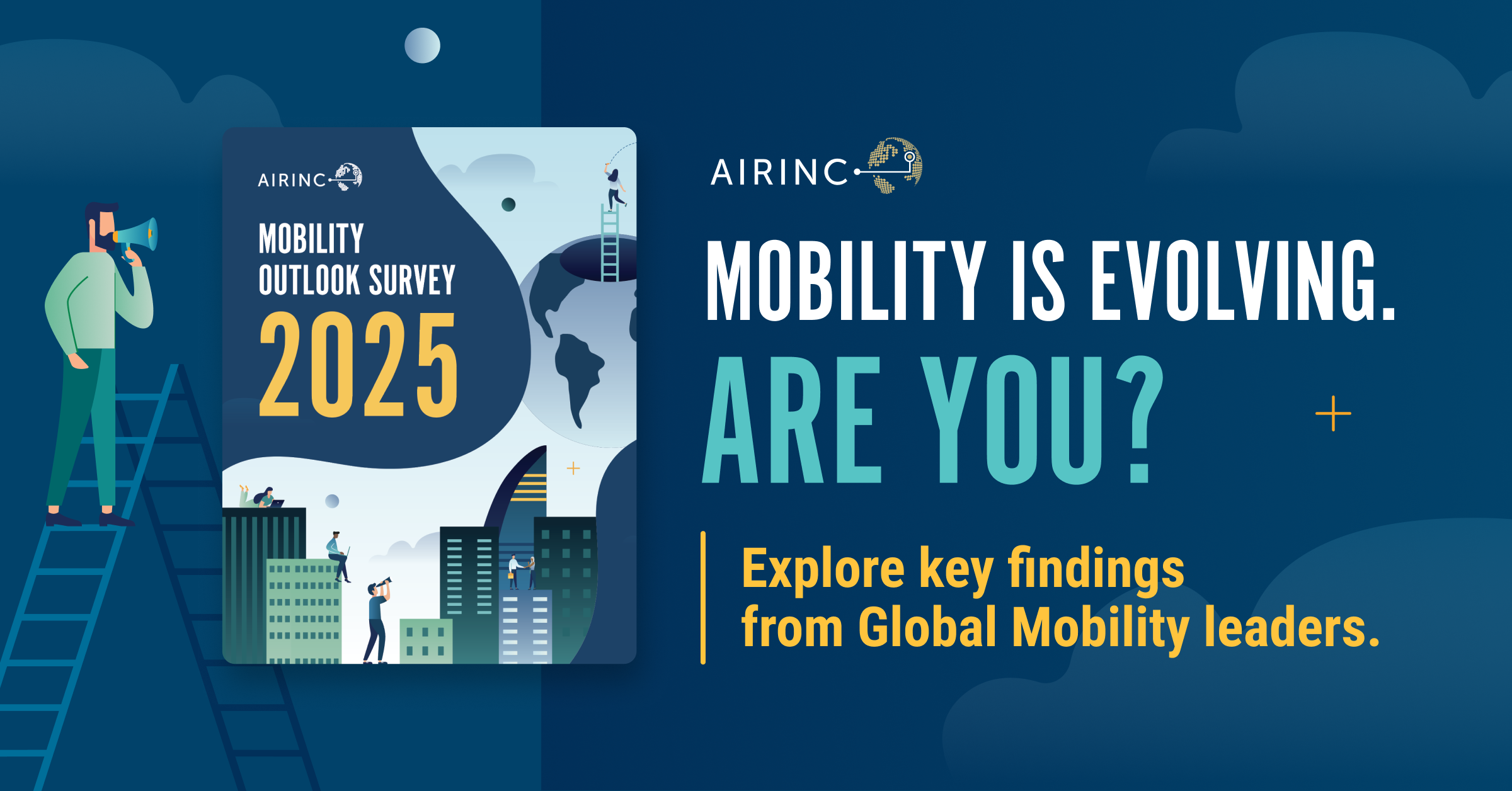What are mobility leaders talking about?
AIRINC recently hosted a group of EMEA Global Mobility Senior Leaders to explore the role of Diversity, Equity, & Inclusion (DE&I) in Global Mobility, moderated by Mike Wincott and Jani McLean.
DE&I at the Corporate Level
Participants agreed that Global Mobility should act as an enabler of cultural change but cannot affect DE&I change independent of a wider company cultural imperative. Companies should assess their DE&I objectives against their industry: if certain groups are over-represented in the industry’s workforce and leadership, then it is unrealistic to expect Mobility to strive for representation that doesn’t exist elsewhere in the company. That being said, Mobility could be a useful tool for shifting the demographics of a company’s future leaders by giving employees the diverse range of international experience that they need to progress in their careers.
Incorporating DE&I Into Mobility Policies
Participants spoke of projects to expand family definitions and to increase flexibility within the policy framework. Such flexibility could support employees who might otherwise feel reluctant to participate in the assignment process when their situation would traditionally require the initiation of an exception approval request.
Talent Selection
For Global Mobility to have a meaningful impact on DE&I, it needs to be involved in candidate selection and succession planning. Mobility can be used to help prepare diverse talent for succession, breaking the usual patterns of taking the known talent from next door.
One participant described how their company has implemented an open talent marketplace that also supports diversity in talent. Internal job postings are listed to this internal marketplace; employees create their own profiles and may submit their candidature for any of these postings. Since its implementation, the company has seen an increase in international moves. From the perspective of DE&I, this platform removes the bias that comes with traditional networking and office politics where employees might be more dependent on their manager’s connections.
Remote Working
The narrative over time has changed from: “We can’t support remote work due to compliance risks” to “OK, let’s figure out how to make this work”. Some companies have started to support remote work now that their competitors are offering it. The genie is out of the bottle and the flexibility to work remotely is becoming an important and expected part of the employee value proposition.
In response to concerns regarding compliance, participants are establishing guidelines or checklists to guide responses to remote working requests. Participants cautioned that HR needs to avoid taking on the role of a counsellor when employees request to work remotely due to family emergencies or exceptional circumstances that, in reality, would make it difficult for them to work while abroad.





%20(19).png)
%20(52).png)

